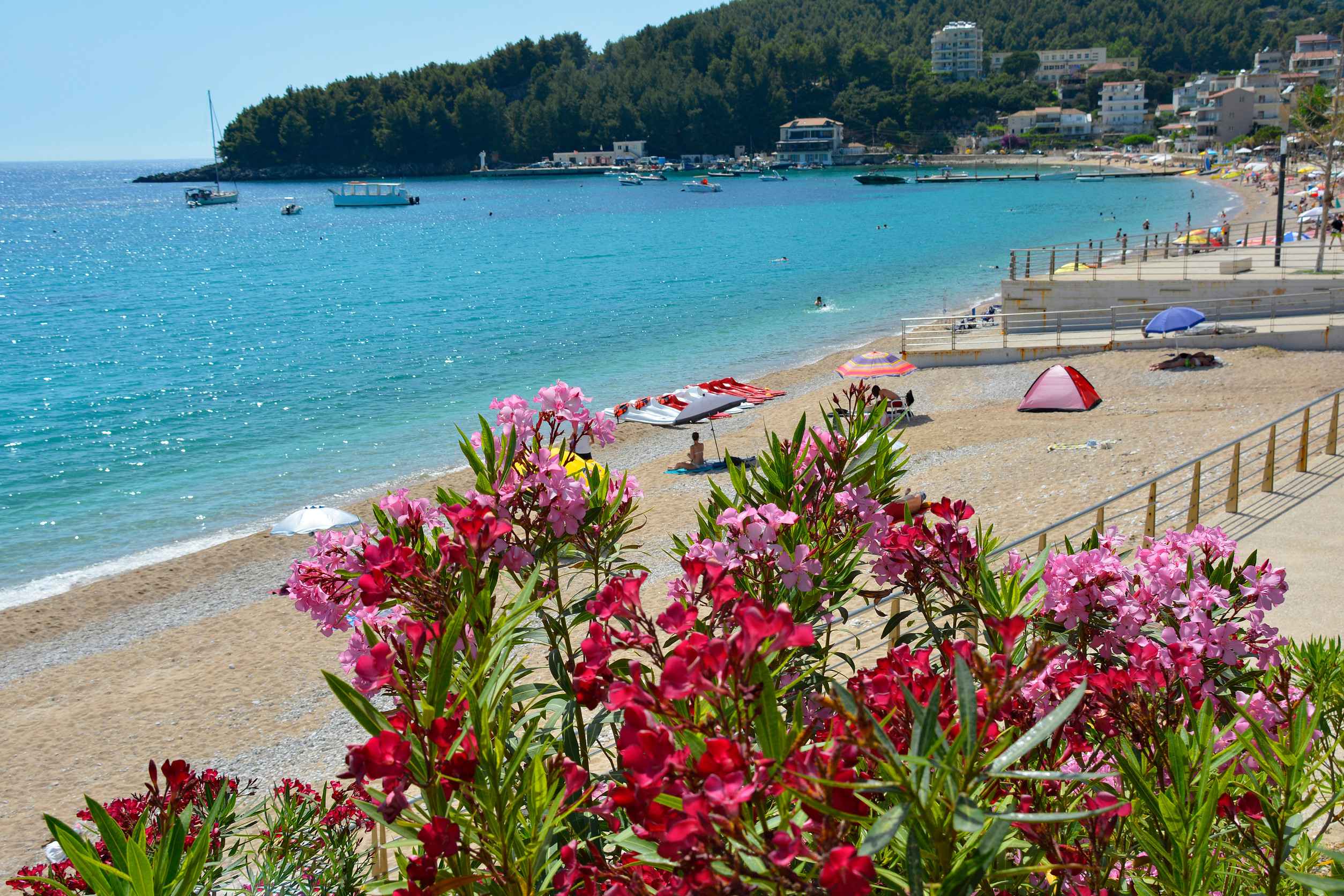Key Problems Faced by Tourists Visiting in Albania

When visiting a new country, tourists often encounter unique challenges and obstacles that can affect their overall experience. In the case of Albania, a stunning destination in the Balkans, there are a few key problems that tourists may face.
Understanding these challenges can help visitors better prepare for their trip and ensure a smoother and more enjoyable journey. From language barriers to transportation issues, this article highlights some of the common difficulties encountered by tourists visiting Albania.
Transportation Challenges
Transportation in Albania can be challenging, especially in rural areas. Public transportation options may be limited or unreliable, and road conditions can vary. It is advisable to research transportation options in advance, consider renting a car or hiring a private driver, and allow extra time for travel to account for potential delays or unexpected road conditions.
Language Barriers
While many Albanians speak English, particularly in tourist areas, there may still be language barriers in more remote or less touristy locations. It can be helpful to learn a few basic Albanian phrases or carry a translation app to facilitate communication and interactions with locals.
Limited Tourist Infrastructure
Albania is still developing its tourist infrastructure, particularly in terms of accommodations and amenities. While there are a range of options available, they may not always meet the standards or expectations of all tourists. It is advisable to research and book accommodations in advance, particularly during peak travel seasons, to secure the desired level of comfort and convenience.
Safety Concerns
While Albania is generally considered a safe country for tourists, it is important to exercise caution and be aware of your surroundings. Petty theft and pickpocketing can occur in crowded tourist areas, so it is advisable to keep belongings secure and be mindful of personal belongings. Additionally, it is recommended to follow local customs and regulations, respect cultural norms, and be cautious when venturing into unfamiliar or remote areas.
Cultural Differences
Albania has a unique culture and customs, which may differ from what tourists are accustomed to. It is important to respect and embrace these cultural differences, such as dress codes in religious sites and local traditions. Learning about Albanian culture before the trip can enhance the experience and help foster positive interactions with locals.
Scams
As with any tourist destination, there is a risk of encountering scams or tourist traps. It is advisable to be cautious when approached by strangers offering unsolicited services or deals that seem too good to be true. Research reputable tour operators, use licensed taxis, and rely on trusted sources for information and recommendations.
FAQ
Q1: Is English widely spoken in Albania?
A1: While the younger generation and those working in the tourist industry tend to speak English, you may find communication to be a challenge in more remote areas or with the older population. It's beneficial to learn a few basic phrases in Albanian or carry a translation app with you.
Q2: How reliable is public transportation in Albania?
A2: Public transportation in Albania can be unpredictable. Buses and trains do not always adhere to their schedules, and their conditions can vary greatly. Renting a car or hiring a driver might be a better option for exploring the country, especially for visiting remote areas.
Q3: Is Albania a safe destination for tourists?
A3: Generally, Albania is considered safe for tourists, and Albanians are known for their hospitality. However, like anywhere else, petty crime such as pickpocketing or scams can occur, particularly in crowded places. Always be cautious and mindful of your belongings.
Q4: Are there any health concerns when traveling in Albania?
A4: Albania doesn't have major health risks for travelers. However, it's always wise to ensure your vaccinations are up to date. Tap water isn't always safe to drink, especially in rural areas, so it's recommended to stick to bottled water.
Q5: Can I use credit cards everywhere in Albania?
A5: While credit cards are accepted in many places, especially in larger cities and tourist areas, it's a good idea to carry some cash with you as not all establishments, particularly in rural areas, accept cards. Also, ATMs might not be readily available outside urban areas.
Q6: Is the internet widely available in Albania?
A6: In urban areas and many hotels, the internet is widely available. However, in rural or remote areas, connectivity can be unreliable. If you rely on the internet for navigation or other purposes, it might be worth getting a local SIM card with data.
Q7: What about Albania's road conditions?
A7: While major roads in Albania are generally in good condition, some secondary and rural roads can be challenging, particularly for those not used to the local driving style. Always drive cautiously and be prepared for unexpected road conditions.
Q8: Is Albanian food safe to eat?
A8: Albanian food is generally safe to eat and is quite delicious. Street food is a big part of the local culture. However, as with any travel destination, food safety can vary. Stick to places that seem busy and where the food looks freshly prepared. If you have any food allergies or dietary restrictions, be sure to communicate them clearly.
Q9: Are there any particular customs or social norms I should be aware of in Albania?
A9: Albanians are typically very hospitable and welcoming to foreigners. In general, casual attire is acceptable, but modest clothing is advised, especially when visiting religious sites. A slight shaking of the head in Albania actually means 'yes', while nodding means 'no', which can be confusing for visitors.
To obtain a Albania eVisa
Step1: Complete the online application by providing your passport details.
Step2: Submit payment online using a credit card.
Step3: Monitor your email for confirmation of payment and receipt of your eVisa, which will be sent electronically.
